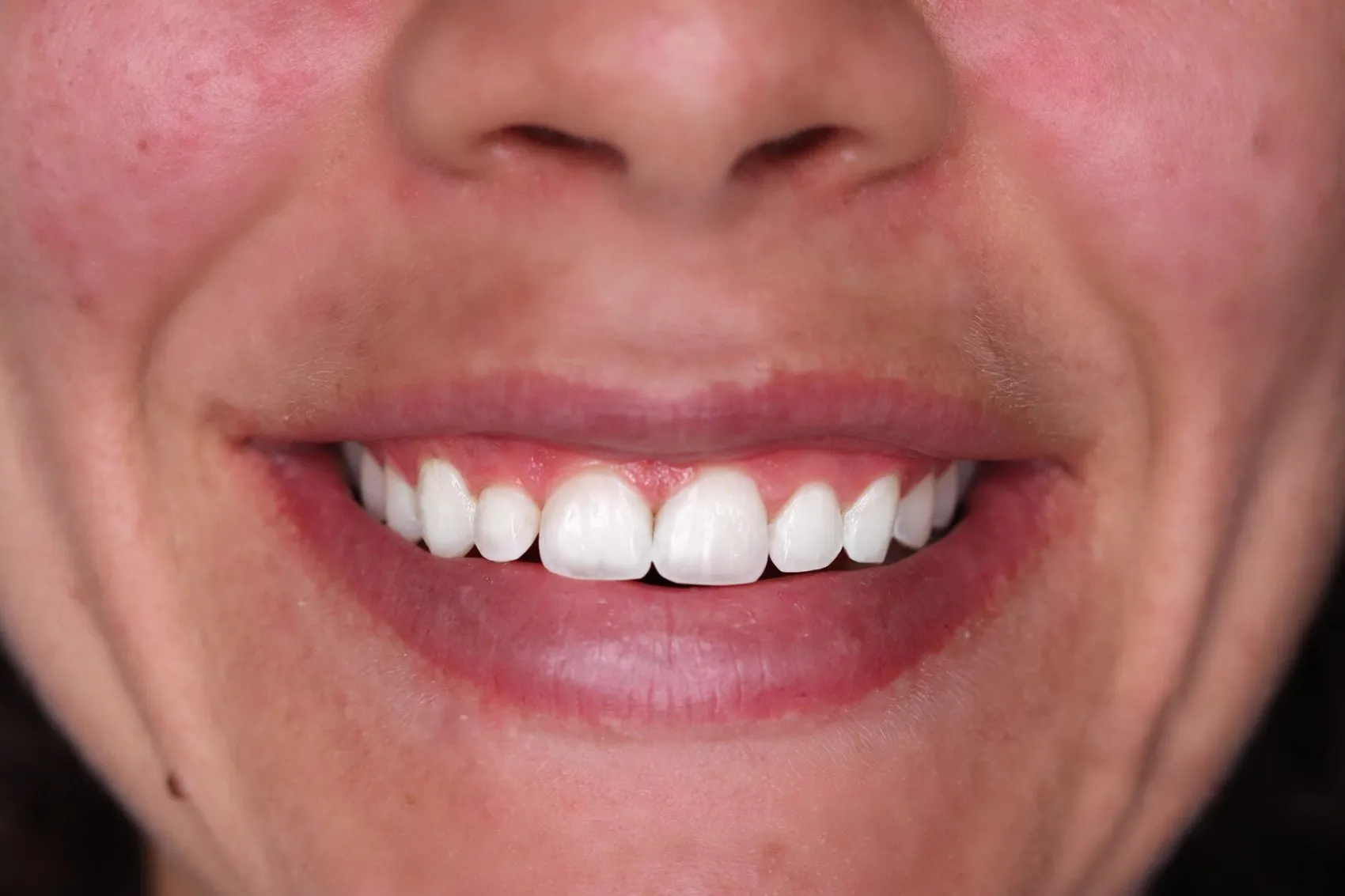Understanding Sensitive Teeth & Teeth Whitening
Teeth whitening is a popular cosmetic procedure, but it can be a concern for those with sensitive teeth. Understanding the relationship between teeth sensitivity and whitening methods is crucial for achieving a brighter smile without unnecessary discomfort. This guide will delve into the causes of tooth sensitivity, how whitening treatments can impact it, and how to choose the right methods to minimize any adverse effects. We’ll explore both over-the-counter and professional options, providing practical tips for pre- and post-whitening care. The goal is to empower you with the knowledge needed to make informed decisions about teeth whitening while prioritizing your oral health and comfort. Sensitive teeth require special attention, and this guide provides the insights necessary to navigate the process successfully. It’s about balancing aesthetics with the well-being of your teeth, ensuring you can enjoy a beautiful smile without pain.
What Causes Tooth Sensitivity?
Tooth sensitivity, characterized by sharp, brief pain in response to stimuli like cold, heat, sweets, or pressure, stems from the exposure of the dentin, the layer beneath the enamel. Several factors contribute to this exposure. Enamel erosion, often due to aggressive brushing, acidic foods, or teeth grinding, thins the protective outer layer. Receding gums, caused by gum disease or aging, expose the root surfaces, which lack enamel. Similarly, teeth whitening products, particularly those with high concentrations of peroxide, can temporarily increase sensitivity by irritating the nerves in the teeth. Other factors include dental procedures like fillings or cleanings, which may temporarily increase sensitivity. Understanding the root causes allows for targeted preventative measures, such as using a soft-bristled toothbrush, avoiding acidic foods, and practicing good oral hygiene. Addressing the underlying issues is essential for managing sensitivity effectively. If you are experiencing sensitivity, make sure to consult with your dentist to determine the cause and the best course of treatment.
How Teeth Whitening Affects Sensitivity
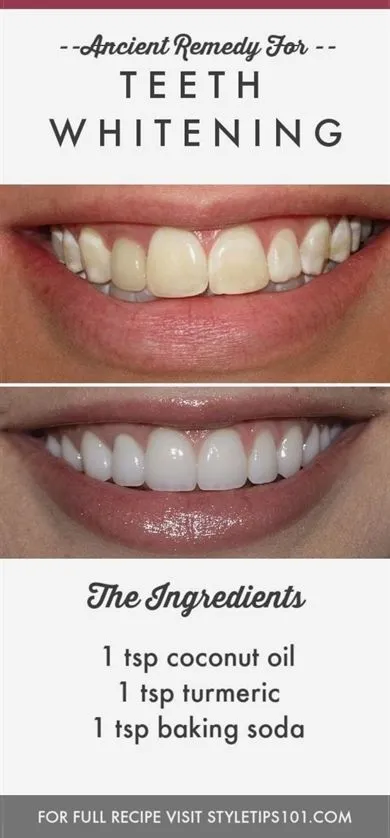
Teeth whitening treatments, whether at-home or professional, often involve bleaching agents like hydrogen peroxide or carbamide peroxide. These agents work by breaking down stains on the enamel. However, they can also penetrate the enamel and dentin, irritating the nerves inside the teeth, thus leading to sensitivity. The concentration of the whitening agent and the duration of its application directly influence the degree of sensitivity. Higher concentrations and longer exposure times are more likely to cause discomfort. Some individuals are naturally more prone to sensitivity due to thinner enamel or pre-existing conditions. The chemicals in the whitening products can also dehydrate the teeth, further exacerbating sensitivity. This is typically temporary and resolves after the whitening process is complete. It’s crucial to be aware of these potential effects before beginning any whitening treatment and to take precautions to minimize any discomfort. Always follow the instructions provided by your dentist or the product manufacturer to reduce the risk of increased sensitivity. It’s also essential to communicate any discomfort you experience with your dentist immediately.
Choosing the Right Teeth Whitening Methods
For those with sensitive teeth, selecting the right whitening method is paramount. Over-the-counter options, such as whitening strips and toothpastes, vary in their peroxide concentrations. Lower-concentration products are often gentler and less likely to trigger sensitivity. Consider trying these options initially to gauge your teeth’s response. Professional whitening, performed by a dentist, offers more control and customized solutions. Dentists can use stronger bleaching agents under controlled conditions and apply protective measures to minimize sensitivity. They can also provide personalized recommendations based on your oral health. The best approach often involves a combination of professional guidance and at-home maintenance. Another important consideration is the type of whitening agent used. Some dentists now offer whitening treatments that use a different chemical compound than peroxide, which can be gentler on the teeth. Ultimately, the most suitable method balances effectiveness with comfort, allowing you to achieve your desired results without unnecessary pain or discomfort. Be sure to discuss these options with your dentist.
Over-the-Counter Options for Sensitive Teeth
When choosing over-the-counter teeth whitening products for sensitive teeth, look for options with lower concentrations of hydrogen or carbamide peroxide. Whitening toothpastes often contain milder bleaching agents and can be a good starting point. Use these twice daily to see incremental results. Whitening strips designed for sensitive teeth typically contain lower peroxide levels and are applied for shorter durations. Read the product labels carefully and follow the instructions precisely. Consider using products that contain ingredients like potassium nitrate or stannous fluoride, which help to desensitize teeth. It’s wise to start with a trial period of a few days to assess your sensitivity. If you experience any discomfort, discontinue use and consult with your dentist. Be patient, as these options may take longer to produce visible results compared to stronger treatments. Always prioritize comfort over speed. Some people prefer to use charcoal-based toothpastes or activated charcoal products, but caution is advised. While these products can remove surface stains, they are not effective for whitening and may cause abrasion and enamel erosion if used incorrectly. It is important to discuss the use of such products with your dentist.
Professional Teeth Whitening for Sensitive Teeth
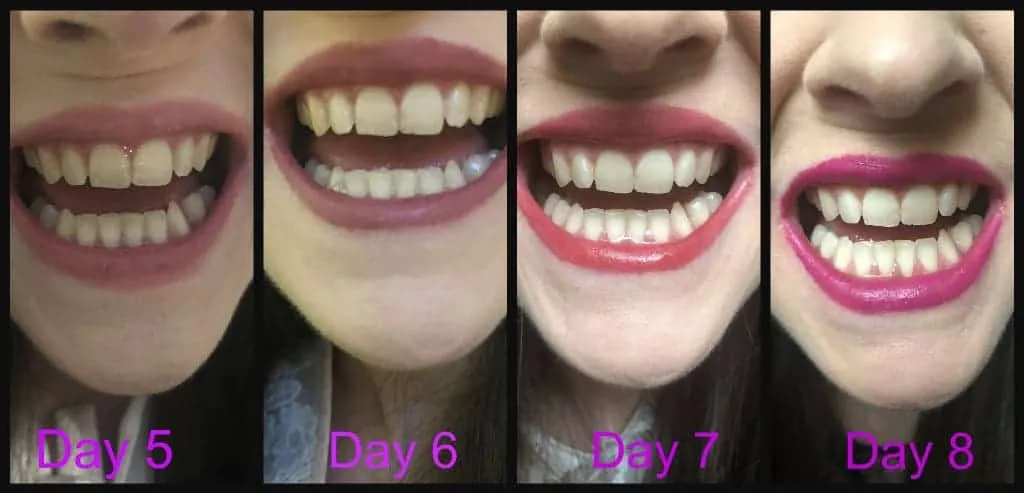
Professional teeth whitening offers several advantages for individuals with sensitive teeth. Your dentist can tailor the treatment to your specific needs, using a customized approach. They can control the concentration of the whitening agent and monitor your teeth throughout the process. This allows them to adjust the treatment to minimize sensitivity. Dentists may also use desensitizing agents, such as fluoride or special gels, before, during, and after the procedure to reduce discomfort. Another benefit of professional whitening is the use of advanced technology, like laser or light activation, which can enhance the whitening effect. Before treatment, your dentist will examine your teeth and gums to ensure they are healthy and suitable for whitening. They can also address any pre-existing sensitivity issues. Professional whitening offers predictable and often faster results than at-home methods. Furthermore, your dentist can provide personalized aftercare instructions and recommend products to maintain your results and minimize sensitivity. The dentist can apply a protective barrier to the gums during the procedure to prevent irritation and further reduce sensitivity. They will also be able to identify the cause of the sensitivity, if it is not yet known.
Pre-Whitening Strategies to Minimize Sensitivity
Several strategies can be implemented before starting teeth whitening to minimize sensitivity. First, consult with your dentist for a thorough oral examination and professional cleaning. Addressing any existing dental issues, such as cavities or gum disease, is essential before whitening. Consider using a desensitizing toothpaste containing ingredients like potassium nitrate or stannous fluoride for a few weeks before whitening. This helps to block the tubules in your dentin, reducing nerve irritation. Another helpful step is to avoid acidic foods and drinks, such as citrus fruits, carbonated beverages, and vinegar-based dressings, for a couple of weeks before treatment. These can weaken enamel and increase sensitivity. Your dentist may recommend the use of fluoride treatments or custom-fitted trays with desensitizing agents to prepare your teeth. Staying well-hydrated is also important, as dehydration can exacerbate sensitivity. Finally, inform your dentist about any pre-existing sensitivity you have, as they can tailor your treatment plan accordingly. These proactive measures can significantly improve your comfort and experience during teeth whitening.
Using Desensitizing Toothpaste
Desensitizing toothpastes play a crucial role in managing and preventing tooth sensitivity. These toothpastes typically contain active ingredients such as potassium nitrate or stannous fluoride. Potassium nitrate works by blocking the nerve signals that cause pain, providing relief from sensitivity. Stannous fluoride helps to block the dentin tubules, reducing the flow of fluids that trigger sensitivity. When using desensitizing toothpaste, it’s important to apply a small amount to the sensitive areas and brush gently. Brushing too aggressively can erode enamel and worsen sensitivity. For optimal results, use desensitizing toothpaste twice daily for several weeks before and during teeth whitening. Apply a thin layer of toothpaste to the sensitive areas of your teeth and let it sit for a few minutes before brushing. This allows the active ingredients to penetrate the enamel and provide better protection. Consult with your dentist to determine the most suitable desensitizing toothpaste for your specific needs. Consistent use, along with other preventive measures, will significantly enhance your comfort throughout the whitening process. Following the instructions on the toothpaste packaging is essential for achieving the best outcomes.
Consulting Your Dentist Before Whitening
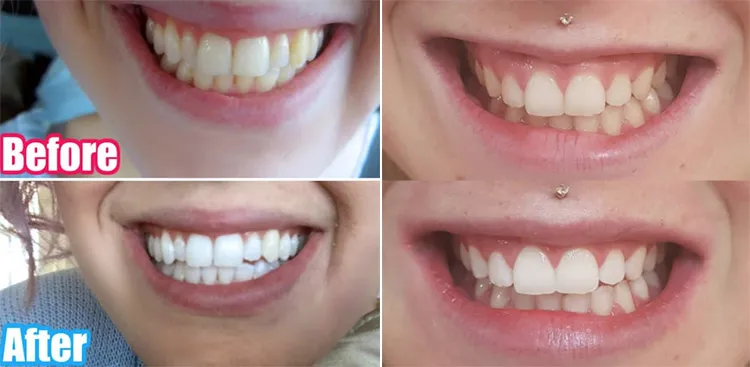
Before embarking on any teeth whitening journey, consulting with your dentist is a critical first step. Your dentist can assess your oral health and determine if you are a suitable candidate for whitening. They will check for any underlying issues, such as cavities, gum disease, or enamel erosion, that need to be addressed before the procedure. Your dentist can also evaluate the severity of your sensitivity and recommend the most appropriate whitening method. They can provide personalized advice and guidance based on your specific needs. During your consultation, be sure to discuss your medical history and any medications you are taking. This is essential, as some medications can increase sensitivity. Your dentist may also take impressions of your teeth to create custom-fitted trays if you opt for professional at-home whitening. They can also provide you with information about the potential risks and benefits of whitening. Remember, a dentist’s expertise is invaluable in ensuring a safe and effective whitening experience. Never hesitate to seek their professional advice and follow their recommendations, as this will significantly contribute to a successful outcome and your overall oral health. They can also apply fluoride varnish to help reduce any potential sensitivity.
Post-Whitening Care & Sensitivity Management
After teeth whitening, proper care is essential to minimize sensitivity and maintain your results. Immediately after the treatment, avoid extremely hot or cold foods and beverages, as they can exacerbate sensitivity. Opt for lukewarm items for the first few days. Continue using desensitizing toothpaste as recommended by your dentist. This helps to soothe the nerves and reduce discomfort. Avoid staining foods and drinks, such as coffee, tea, red wine, and berries, for at least two weeks after whitening. This helps to prevent stains from re-developing. Maintain excellent oral hygiene by brushing gently twice a day with a soft-bristled toothbrush and flossing daily. Consider using a fluoride rinse to strengthen your enamel and protect your teeth from sensitivity. Schedule regular dental check-ups and cleanings to monitor your oral health and maintain your bright smile. Your dentist may also recommend special aftercare products to maximize the longevity of your whitening treatment. If you experience persistent or severe sensitivity, contact your dentist immediately for further guidance. Following these post-whitening care tips ensures a comfortable and long-lasting result.
Relieving Sensitivity After Whitening
If you experience sensitivity after teeth whitening, several strategies can provide relief. Firstly, continue using desensitizing toothpaste as directed. This can help block the nerve signals that cause pain. Avoid acidic foods and drinks for a few days, as they can irritate sensitive teeth. You may also use over-the-counter pain relievers, such as ibuprofen or acetaminophen, to manage any discomfort. Your dentist may also recommend a fluoride treatment or desensitizing gel to apply to your teeth. This can help to strengthen enamel and reduce sensitivity. Ensure you are using a soft-bristled toothbrush and brushing gently to avoid further irritation. Applying a cold compress to your face can also provide temporary relief. If sensitivity persists or worsens, contact your dentist immediately. They may recommend additional treatments, such as a prescription-strength desensitizing toothpaste or a professional fluoride application. In some cases, your dentist may also recommend a different whitening method or reduce the frequency of treatment. Taking prompt action to address any sensitivity issues is important to ensure a comfortable and successful outcome from your teeth whitening experience.
Maintaining Your White Smile & Oral Health
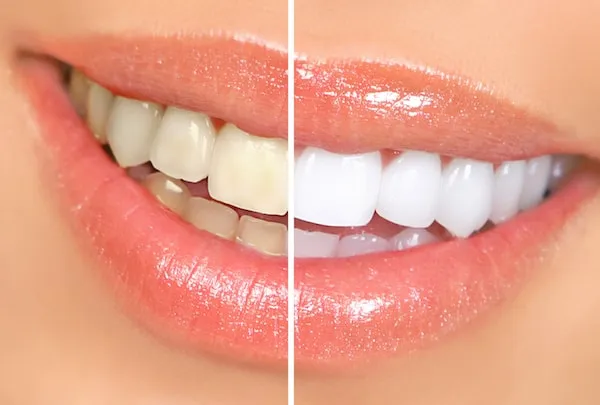
Maintaining a bright smile and optimal oral health goes hand in hand. After teeth whitening, adopt a consistent oral hygiene routine to preserve your results. Brush your teeth twice daily with a soft-bristled toothbrush and use fluoride toothpaste. Floss daily to remove plaque and debris from between your teeth. Limit your consumption of staining foods and drinks, such as coffee, tea, red wine, and berries. Rinse your mouth with water after consuming these items to minimize staining. Consider using a straw to drink beverages that can stain your teeth. Avoid smoking and other tobacco products, as they can discolor your teeth and negatively impact your overall oral health. Schedule regular dental check-ups and cleanings every six months. This allows your dentist to monitor your teeth and gums and address any issues promptly. Consider periodic touch-up whitening treatments as recommended by your dentist to maintain your desired level of brightness. By following these steps and adopting a proactive approach to oral health, you can enjoy a beautiful, healthy smile for years to come. Proper care and maintenance are essential to protect the investment in your smile and ensure your overall oral well-being.
